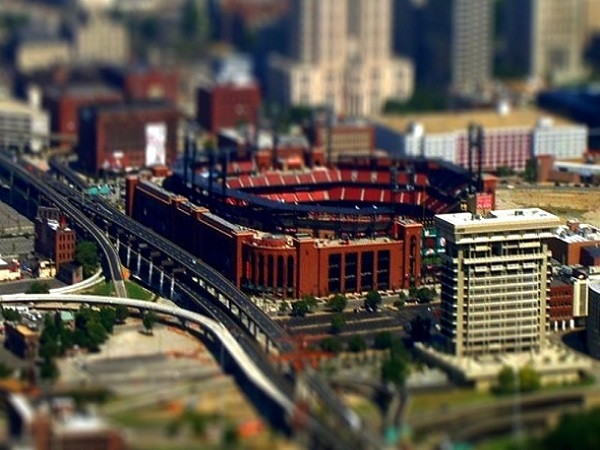There was a time when professional sports franchises shared baseball and football fields in one stadium, not built as a true home to either sport. Some teams like the Oakland-soon-to-be-Las Vegas Raiders still share baseball and football facilities.
It was Camden Yards in Baltimore that changed the course of history when baseball a franchise turned back the clock in terms of making new look retro and as teams looked to real estate development beyond the field of play as a brand generator and revenue source.
As we look to the future, there are three important reasons why professional sports franchises are looking to entertainment and real estate to grow the bottom line, fan interest, and revenues.
-
A Place to Call Home
The Hollywood Park Entertainment District in Inglewood, the Green Bay Packers housing and shops development, and even to some extent the Los Angeles Dodgers outfield shops are all aimed at creating an environment and area that is friendly to families, fans, and the casual attendee. In the NBA, 52-56% of a franchise’s budget goes towards paying player salaries, so it makes sense that teams are looking for real estate investment opportunities that bring money back into their coffers. With professional hockey and basketball likely due back in Seattle soon, there is no doubt that Hollywood Producer and owner Jerry Bruckheimer and his executive team will be investing in real estate around the new-Key Arena to grown the fan base and revenues as it is all about creating a home base.
-
A Place to Visit Year Round
In the past, teams mostly left their venues empty throughout the offseason. Now fans can see Red Bull events and hockey games at ballparks and stadiums in “Winter Classics” during the offseason. Concerts are also booked during the season and offseason. Political rallies, conferences, and events are commonplace and should be at our favorite venues. Interestingly, the cathedrals of our past, Fenway Park, Wrigley Field, Yankee Stadium, etc. were treated with deference when it came to having one event played inside their hallowed corridors, a game. Thankfully, ownerships got smart and began opening their doors and utilizing their beautiful spaces to welcome all people for all types of events and entertainment beyond the game. The result is a home to visit year round for fans and Joe Citizen alike.
-
A Place to Invest in the Brand
Once ownerships realized that their venues could be used for events and entertainment beyond the game, they began to spend more money in building, upgrading, and maintaining their arenas, ballparks, and stadiums. Part of this is cyclical; an investment in the brand is an investment in increasing revenues, increased revenues means the availability to invest in technology, player salaries, winning games, fan safety, business expenses, and community engagement, which fans and casual observers can appreciate, while continuing to invest their time and money back into the club. Where fans have demanded more of their favorite teams, teams have had to invest more in the brand, and therefore the entertainment of every fan and patron.
The result has been fantastic venues like U.S. Bank Stadium in Minnesota, Mercedes-Benz Stadium in Atlanta, and upgrades to Wrigley Field and Fenway Park, AT&T Park in San Francisco, PNC Park in Pittsburgh, among many others that have been completed or are in the development stages. It is any surprise that third party and vendor brands have scampered to partner with professional sports teams in naming rights deals as a successful bid means significant brand trust, recognition, and exposure.
For professional sports franchises, growth of the brand is directly related to real estate development, entertainment, fan engagement and happiness, generally benefited by a great media deal that pushes copyrighted content through a distribution partner for good money. Sports real estate development is where a successful sports franchise begins and ends.
























